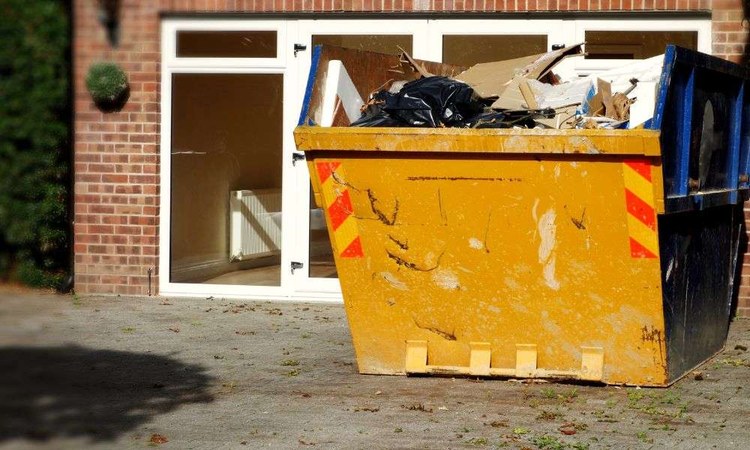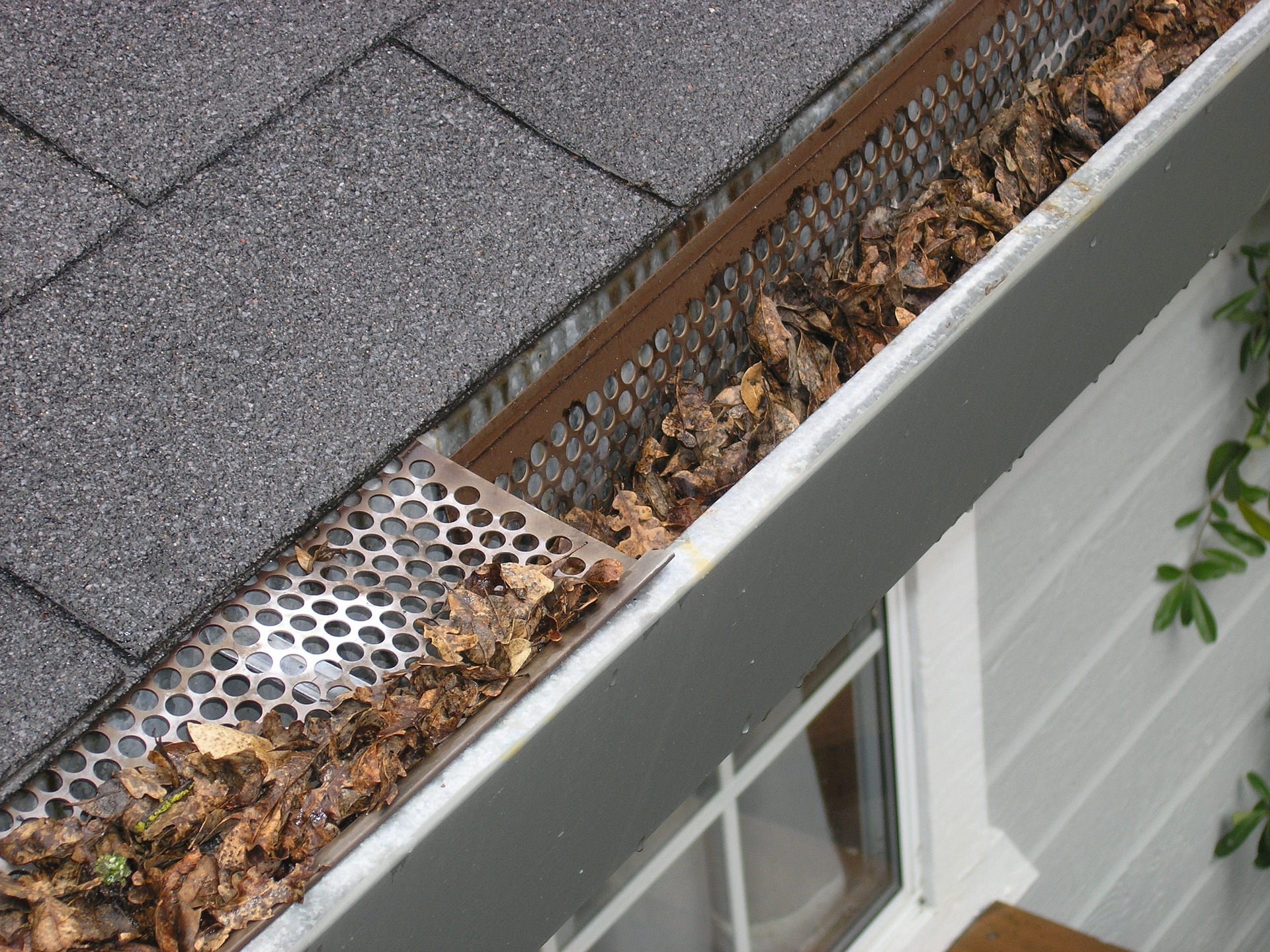Dumpster Rental: Practical Guide to Skip Hire
Renting a dumpster (often called skip hire in the UK) is a common solution for residential clearances, renovation projects, and construction waste. This guide explains what dumpster rental involves, how to choose local services, legal and safety considerations, typical costs, and a comparison of providers to help you plan disposal responsibly and efficiently.

What does dumpster rental cover?
Dumpster rental typically means hiring a large container for temporary waste storage. Sizes vary from small mini skips for household clearance to large roll-on/roll-off (RORO) containers for construction sites. Rental usually covers delivery, collection, and disposal, but services differ on what waste types are accepted. Hazardous materials, asbestos, and certain electronics often require specialist disposal. Check the provider’s accepted waste list and whether they handle recycling to reduce landfill use.
How to choose local services
When selecting a provider in your area, consider container sizes, delivery windows, and customer reviews. Confirm whether the company offers same-day delivery for urgent projects and whether they place the skip on private property or need a permit for road placement. Ask about weight limits and extra charges for overweight loads. Look for firms that provide clear pricing, insurance, and a record of responsible disposal or recycling to ensure compliance with local waste regulations.
Permits and regulations to consider
If you need a skip placed on public roads, pavements, or council land, a permit is usually required from the local authority. Permit costs and application times vary by council, so contact the local authority well before your planned start date. Providers sometimes handle permit applications for an additional fee. Additionally, transferring waste to a disposal facility must follow Duty of Care rules: keep receipts and waste transfer notes to demonstrate legal disposal and recycling where applicable.
Safety and permitted waste types
Safe loading and correct waste separation protect workers and help avoid fines. Sharp objects, liquids, batteries, certain paints, and asbestos are often prohibited in standard containers. Load the skip evenly and avoid overfilling—materials should not protrude above the container rim. For hazardous or mixed loads, discuss specialist services with your provider. Using personal protective equipment when loading and securing loose items during transit reduces risk.
Pricing insights and real-world cost guide
Costs depend on skip size, rental duration, location, and waste type. Below is a general UK pricing guide and a short comparison of commonly available services. Typical benchmarks: mini skips (2–3 yd) often cost roughly £80–£150; midi skips (4–6 yd) about £120–£250; builders’ skips (8 yd) £160–£300; large RORO containers (20 yd+) can start from £350 and go much higher depending on volume and disposal needs. Additional charges may apply for permits, overweight loads, restricted waste, or extended hire periods. These are broad estimates intended for planning only.
| Product/Service | Provider | Cost Estimation |
|---|---|---|
| Mini skip (2–3 yd) | Clearabee | £80–£150 |
| Midi skip (4–6 yd) | HSS Hire | £120–£250 |
| Builders’ skip (8 yd) | Biffa | £160–£300 |
| Roll-on/roll-off (20 yd) | Viridor | £350+ |
Prices, rates, or cost estimates mentioned in this article are based on the latest available information but may change over time. Independent research is advised before making financial decisions.
Comparing service features beyond price
Price is one factor; service quality, environmental practices, and logistical support matter too. Some providers focus on rapid household clearances and recycling, while others specialise in construction waste and large RORO deliveries. Check whether the company issues waste transfer notes, offers segregation and recycling options, and provides customer support for permit applications. Also consider vehicle access at your site—providers can refuse delivery if access is unsuitable, or charge extra for difficult locations.
Conclusion
Understanding dumpster rental fundamentals—container sizes, permitted waste, legal requirements, safety, and approximate costs—helps you choose an appropriate service for your project. Confirm terms in writing, keep disposal paperwork, and prioritise providers with transparent pricing and responsible waste-handling practices to reduce risks and environmental impact.




